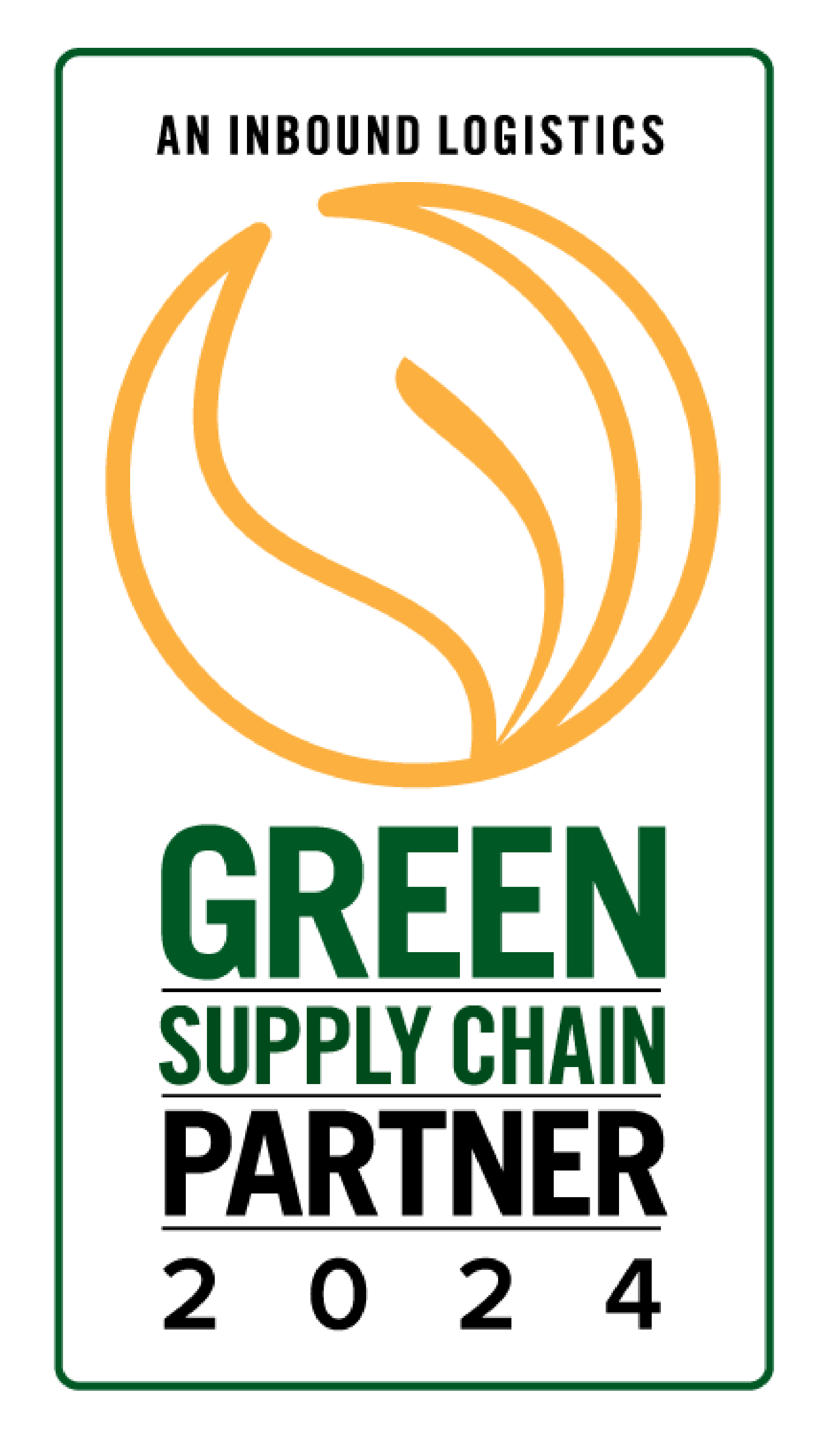It was Maya Angelou who said “people will forget what you said, forget what you did, but people will never forget how you made them feel.”
The logistics industry isn’t often associated with a focus on feelings. A complex network of transportation, warehousing, and distribution centers, the emphasis here is often on timeliness, efficiency, and brute force, as moving millions of tons across the supply chain (or in our case, back) is no small feat.
However, nothing is exempt from a closer look or a softer touch. What makes these processes run smoothly? How do businesses in this space maintain growth, meet goals, crush deadlines, and exceed expectations? Onepak’s unique approach to its traditional logistics services is one answer.
A Hospitality Perspective
Onepak began as a tech-enabled distributor of return shipping solutions for the technology device aftermarket. Driven by client demand, the company has evolved into a full-service reverse logistics platform.
The operations team at Onepak is led by Jamie Gleason. With over 22 years of experience in the hospitality industry prior to joining the team, he brought with him a unique lens of not only what creates efficiency, but also what keeps clients happy.
“My work in the hospitality industry taught me how to keep people happy and provide a concierge level of service. I’ve incorporated that in how I’ve built our operations team at Onepak, and how we carry out our logistics planning and execution. Everyone we interact with should feel heard and taken care of.”
Driver Training
Part of this care involves making sure that every driver who partners with Onepak receives training in the IT assets they’ll be handling, and the steps needed to make pick-up, transport, and drop-off as seamless and successful as possible.
The incorporation of driver training into reverse logistics services is a key differentiator in how Onepak gets the job done. Training takes place on an easy-to-use app that reviews the different types of IT assets that may be encountered at a pick-up and how to properly pack, palletize, and handle them.
Each driver is required to be trained and every job is assigned to an in-house customer service representative from Onepak, who is a liaison for every acting role in the process.
“Communication is key to making sure every party is heard,” notes Gleason, “Drivers not only receive training but also interact with our team repeatedly throughout a job via check-ins. This keeps everyone on the same page and everything running smoothly” If any issues arise during the process clients can contact their representative for one-on-one support.
Site Surveys
Conducting thorough and intentional site surveys is another area where Onepak applies a lens of hospitality.
Gleason compares it to event planning in the hotel industry, where the smallest of details come into play. Each potential factor for every individual job is carefully evaluated and logged, the number and type of assets, the size and layout of the site, regional regulations, and accessibility are just a few of the things documented and shared amongst teams.
“It can turn into a bad game of telephone very quickly if these steps aren’t done or communicated correctly; it’s absolutely worth the extra effort to make sure it’s done right. Plus, we enjoy learning about new places and being adaptable.”
With this perspective, atypical jobs are seen as unique opportunities for planning. Onepak’s ability to offer services in every US zip code means the team has executed pick-ups in remote areas with extreme limitations.
Facing a lack of usable roads, extreme weather, or packing supply shortages? Not a problem. These are all things the operations team has experienced and conquered through thoughtful planning.
Team Building
Creating and maintaining this great team lends itself even easier to a hospitality mindset.
The hiring process focuses on finding team members who are passionate about serving others, empathetic, and have excellent communication skills. The guiding belief in hospitality being that these qualities are more likely to create an environment where clients feel valued and cared for.
“We seek out positive attitudes and diverse perspectives. That’s the best way to make a team of problem solvers, by appreciating what everyone brings to the table. In turn we do everything we can to create an environment where each voice is heard,” says Jamie.
In this framework, feedback is seen as critical to success and imperative to operations. Everything from the app drivers use, to the infrastructure of the operation itself was built around team input.
Today at Onepak
The result of applying this hospitality lens to a traditionally operation-focused industry speaks for itself.
To date, Onepak has moved over two billion pounds of equipment through a circular economy fueled by this exemplary service, focused on the feelings and experience of everyone involved.
Jamie has grown from a team of one to a team of 17, and he’s more than excited for the continued growth. “If your service is shining everything will fall into place, your accounts, your revenue, staff retention, everything. And don’t forget to be kind, that’s the most important thing.”







